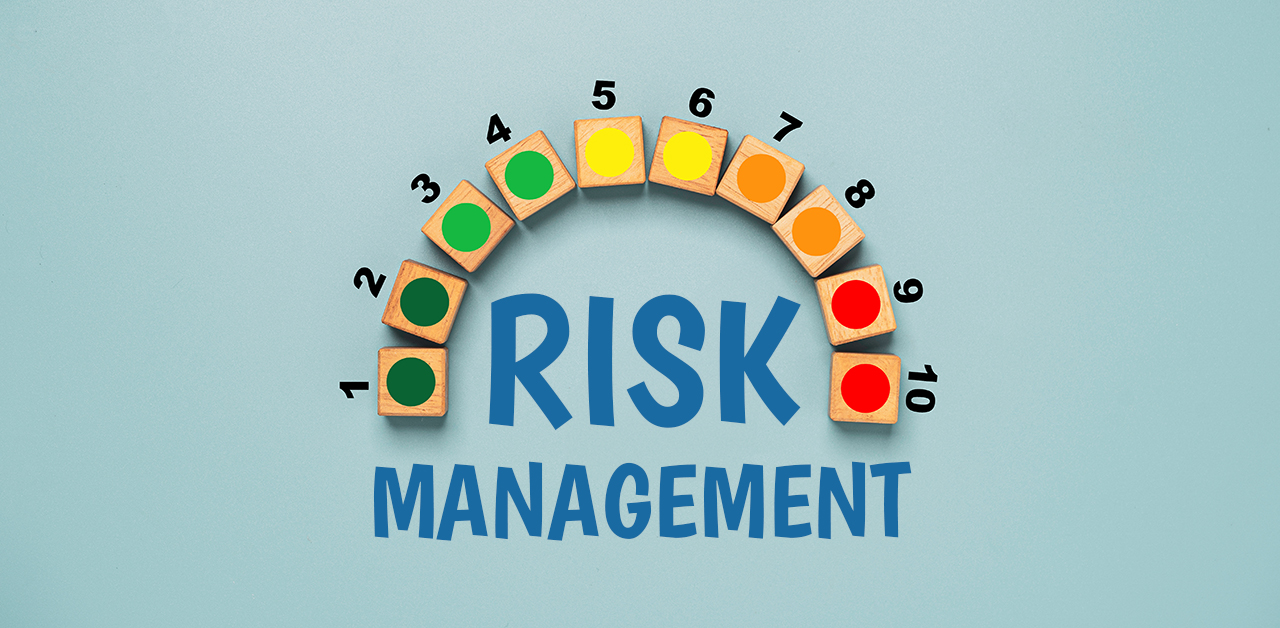These days, it seems as though technology becomes obsolete in a matter of minutes; what was the “latest and greatest” gadget one day may be replaced by something even better the next. And while these advancements in technology are no-doubt beneficial to our society, we must also think of all the electronic waste generated by disposed electronics, such as laptops, desktops, servers, and phones. Today—more than ever—we must all do our part to recycling electronic devices rather than dispose of them irresponsibly.
Understand the Importance of Recycling Electronics
Why does recycling electronic devices matter? Because when electronic items are simply “dumped” in landfills, toxic chemicals can leak into the ground and, ultimately, penetrate our water supply. This is getting to be a serious problem not just in the United States, but worldwide. Did you know that in the United States alone,
nearly 1.8 million tons of electronic waste was trashed rather than recycled in 2010? By taking the time to properly recycling electronic devices that are unwanted (working or non-working), we can cut down on electronic waste and make the world a better place for future generations.
Consider Donating Working Electronics
If you have electronic items that still function properly that but you have no personal use for, consider donating them rather than bringing them in to be recycled. Many places that specialize in electronics recycling Minnesota will donate items that are still functional, anyway. Check with your local library, school, or even a friend or loved one who may be able to use the device. You just might be surprised. That “obsolete” cell phone that doesn’t have Web-surfing capabilities might be the lifeline a homeless person needs to land a job.
Make Sure Personal Data is Wiped
If you’re planning on donating or recycling any electronic items with hard drives (such as laptops, desktops, or cell phones), make sure that the company you choose offers data destruction services. This way, you can rest assured that any and all personal data will be deleted from your device before it’s re-used or recycled.
Find a Reputable Recycler in Your Area
The final step to recycling your unwanted electronics is to simply find the right company for the job. When searching for a company that does laptop recycling Minnesota or general computer recycling Minnesota, there are a few things you’ll want to look for. First and foremost, any company you choose should have a strict “no landfill policy,” that applies to all electronics received. Recycling should also be done in accordance with current
R2 recycling standards. And last but not least, be sure to find a reputable recycler with convenient drop-off locations and hours.If you’re looking for electronics recycling Minnesota that meets the above criteria and more, check out
OceanTech today. This R2-certified company is proud to have a “no landfill” policy and also offers data destruction services for your peace of mind. By working with these professionals, you’ll be well on your way to recycling your unwanted electronics and doing your part to cut down on e-waste.


